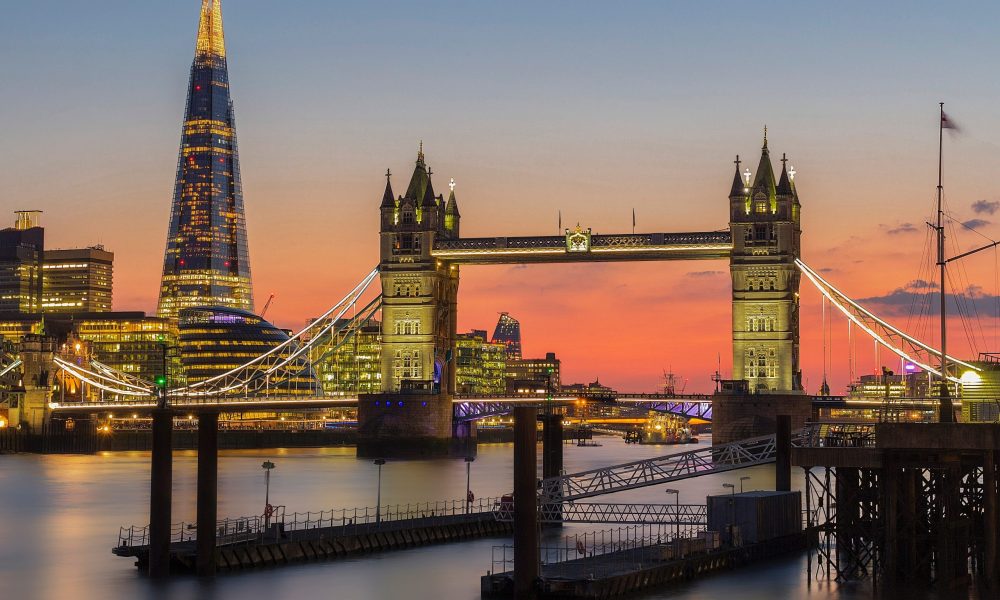There was a time when London wasn’t just the administrative capital of the UK, it was also the business capital, the cultural capital and the artistic capital. These days, however, the overall influence of London on British life has diminished considerably. Many well-known corporations have important bases well away from London now, the BBC has moved many of its operations to Salford, and you’ll find satellites of the Tate Gallery in Liverpool and Cornwall, as well as a V&A Museum in Dundee.
In various sectors of industry, such as fashion, printed and digital media, finance, advertising, marketing and PR, having a London address was considered to be something approaching a must-have, but that simply isn’t the case anymore. In business terms, locations in Hampstead Heath and Notting Hill are no more important or influential than those in Haywards Heath and Burgess Hill. Put simply, Leicester Square carries the same kudos as, er, Leicester.
As is often the case, there are several reasons for this shift in importance, and perhaps the most obvious of them is the fact that so many people are working from home more often these days. Whether you’re a business owner, a company director, a PR guru or a harassed receptionist, there’s no reason why you have to be in the office to carry out your duties. You can do just as many guru-related activities via the internet, after all.
Another reason for the reduction in London’s importance has been a little more gradual and a lot more cultural. For some, London has become a little too passé as a working location in recent times. Many influential commentators have started to question whether working in the UK’s capital doesn’t leave some people too world-weary and cynical to operate effectively any more. Put simply, they feel that London has become – how do I put this? – a bit tired.
This may or may not be true, of course. I think at times that we all get a bit too world-weary, whether we’re based in Mayfair, Manchester, Montreal or Melbourne. Becoming ever more cynical could just be a by-product of our constant need to question, judge and criticise. If you’re the type of person who visits a café, drinks a cup of coffee that isn’t quite right, then logs immediately on to TripAdvisor to complain about it, you probably understand what I mean. Some of us, myself included, would perhaps be more likely to taste the horrible coffee, try to finish at least half of it to be polite then leave the café and vow never to return there again.
London has something, and nothing, for everyone
Anyway, back to the world of the PR guru. Being in London is nice because you are surrounded by wonderful architecture, famous landmarks, thousands of dining options and oodles of exciting people. Don’t forget, however, that every coin has two sides. Being in London is NOT nice because there are too many ugly glass office buildings, there’s litter everywhere, every eatery has long queues and almost everyone sometimes seems to be a disenchanted poseur. Whichever side of the coin you choose, that’s how you probably see life in London to be.
Given the fact that UK PR agencies away from the capital are thriving, it’s possible that more and more of them will run out the lease on their Pimlico palace and choose a more affordable headquarters in the ‘burbs. It has always made sense financially to do so, of course, but at one time it didn’t make sense prestige-wise. Those days are disappearing fast, however. Here in Burgess Hill, we’ve always known that a London location isn’t a necessity, and now it seems the rest of the PR world is starting to realise it, too.
PR guru (yes, guru!) Aneela Rose founded the West Sussex B2B PR agency Rose Media Group in 2004. Our client base includes companies working in aviation, sustainability, construction and automotive.









